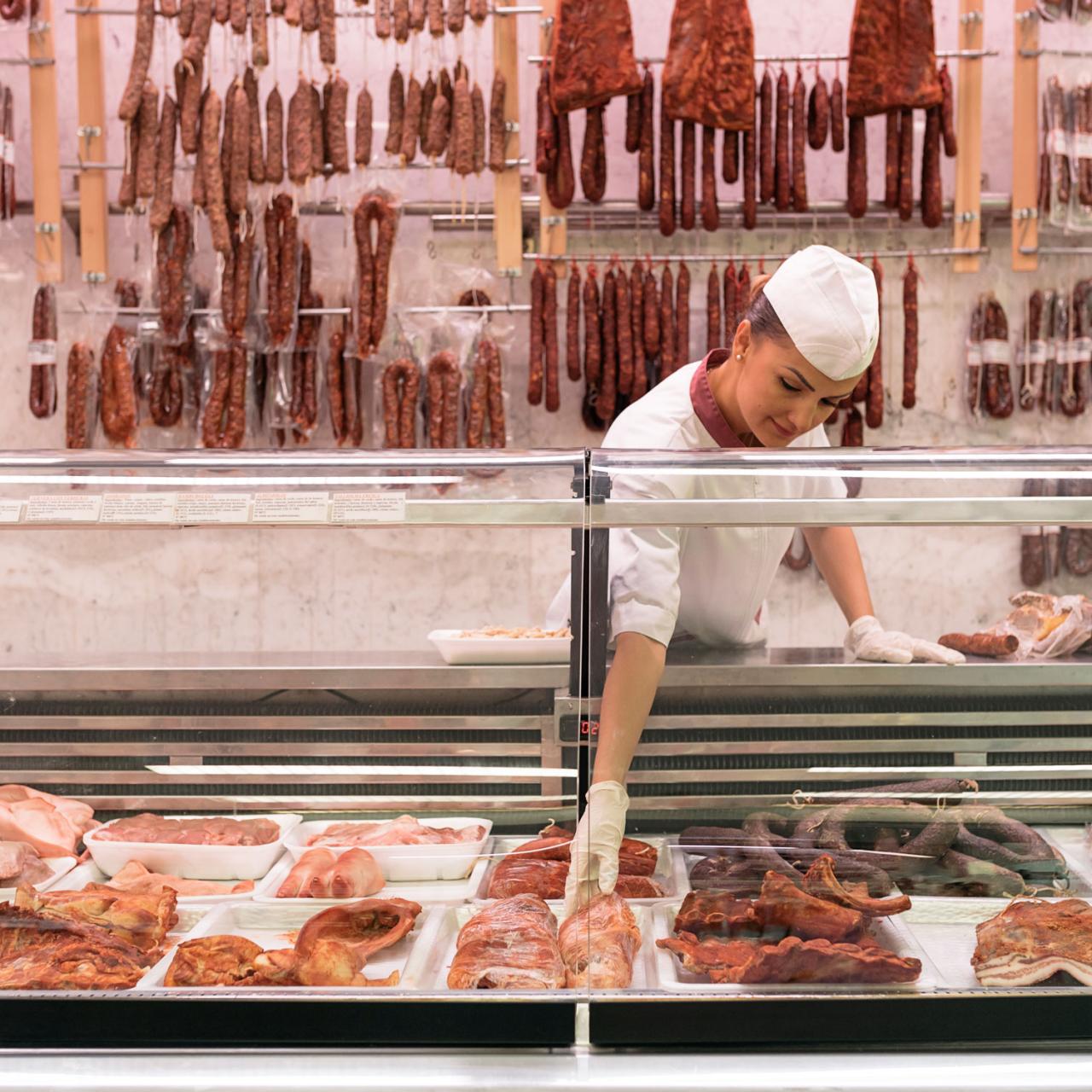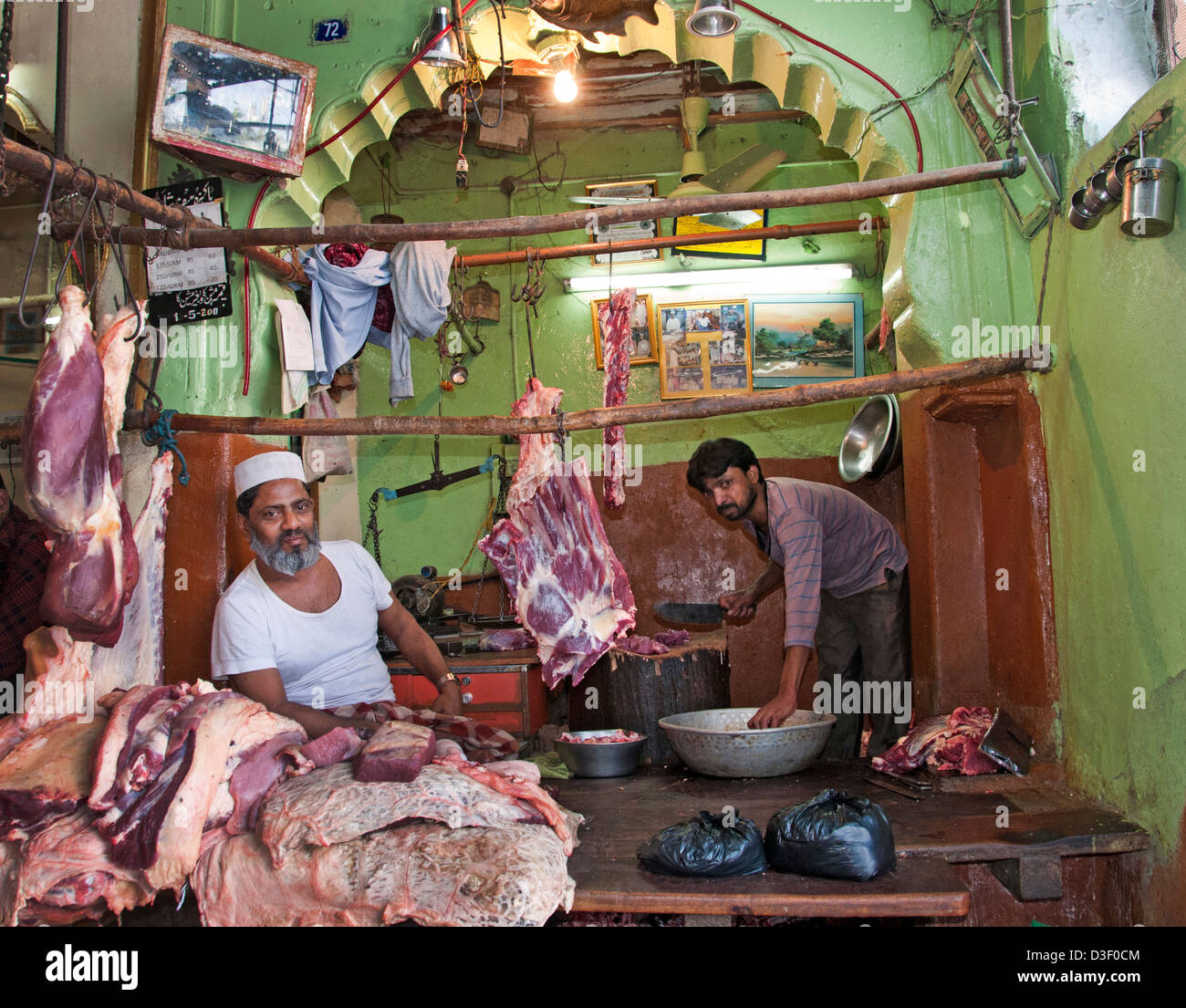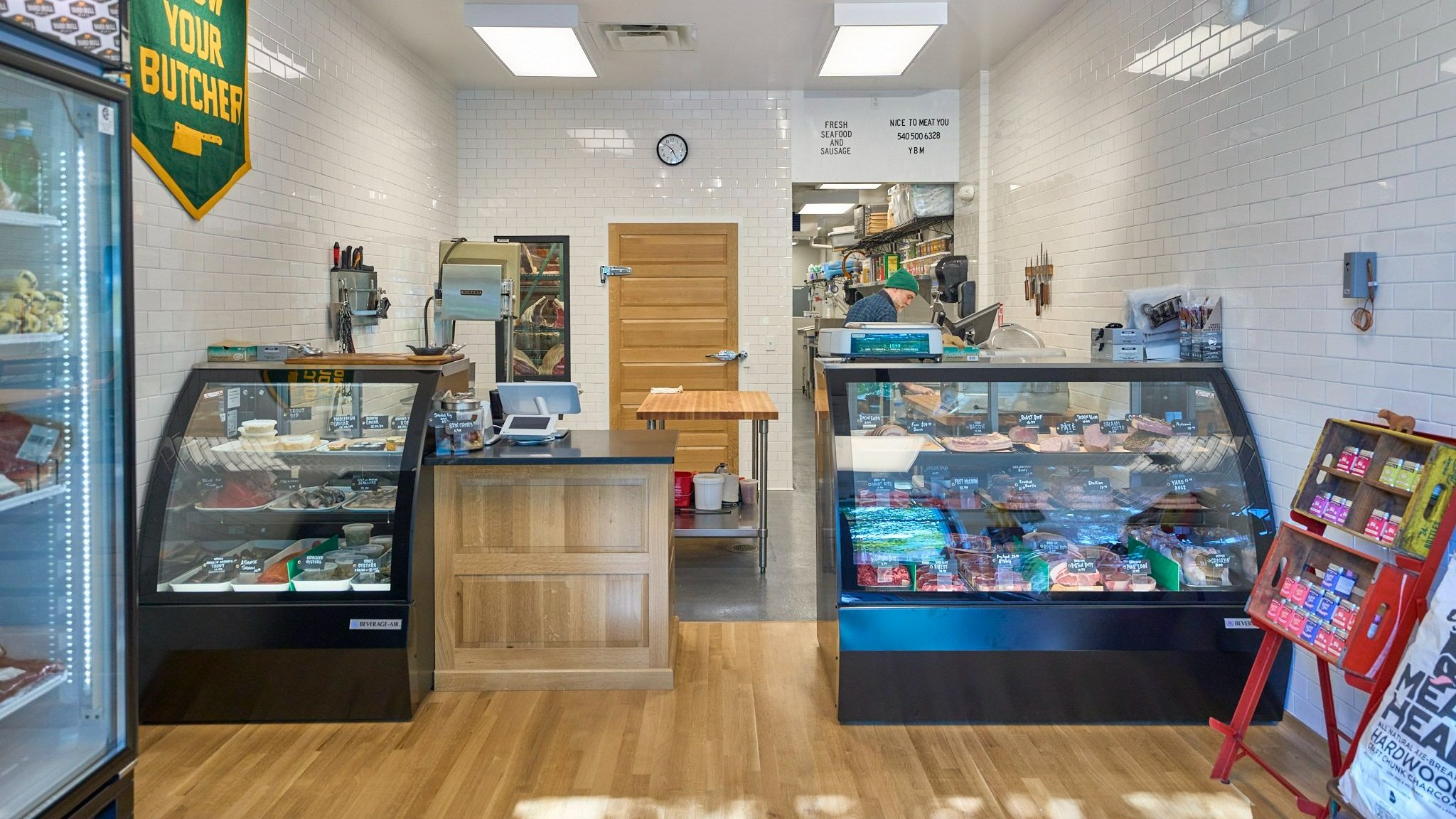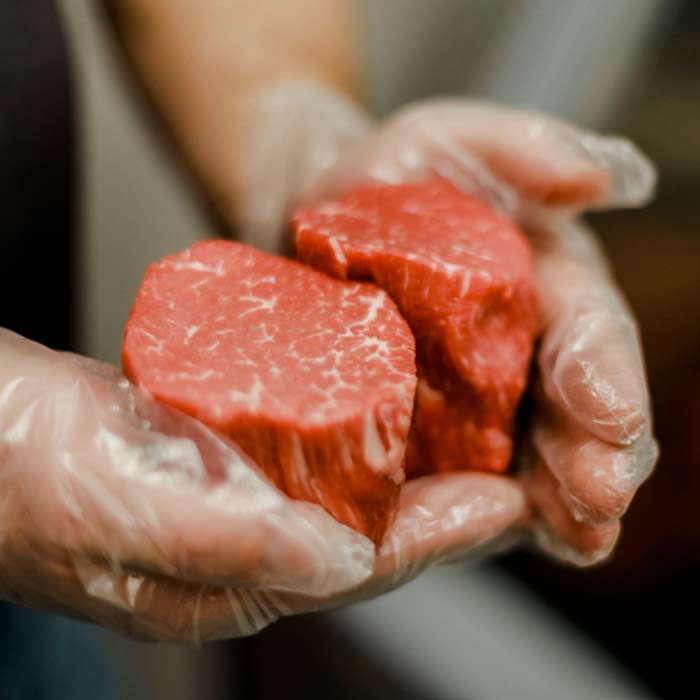From Farm to Table: Accepting the Practice of Meat Markets and Butcheries
In a period dominated by convenience and mass manufacturing, there exists a peaceful change taking area in the culinary world - a return to the roots of food sourcing via the custom of meat markets and butcheries. These facilities, often forgotten in the shadow of grocery stores, are experiencing a resurgence as critical consumers look for high quality, traceability, and a connection to the origins of their food. What is driving this change back to the ways of old? The answer hinges on the intersection of heritage methods, honest considerations, and a desire for an extra authentic gastronomic experience.
The Renewal of Meat Markets
The rebirth of meat markets throughout numerous areas indicates a change towards a restored appreciation for locally sourced, high quality meats. In current years, consumers have become more mindful of the beginnings of their food, resulting in an expanding demand for openness and sustainability in the meat market. This pattern has led the way for the rebirth of conventional meat markets and butcheries, where clients can straight communicate with educated butchers and resource their meat from neighboring ranches.
Among the essential driving variables behind this renewal is the need for better and fresher items. By buying meat from regional markets, customers can guarantee that they are getting fresh cuts that have actually not taken a trip long ranges or been being in storage space for prolonged periods. Additionally, supporting neighborhood meat markets assists boost the regional economic climate and promotes community connections.
In addition, the renewal of meat markets aligns with the more comprehensive motion in the direction of sustaining small farmers and lasting agricultural practices. By choosing to purchase from these establishments, consumers are not just obtaining better high quality meat yet likewise adding to a much more honest and ecologically friendly food system.
Craftsmanship in Butcheries
With the resurgence of meat markets emphasizing quality and sustainability, the focus moves in the direction of identifying the intricate workmanship presented in modern-day butcheries. Craftsmanship in butcheries surpasses just cutting meat; it personifies an ingrained custom of know-how and accuracy in handling various cuts of meat - Bagley Farms Meat Market. Butchers, frequently trained for several years, possess a wide range of knowledge on the anatomy of animals, knife abilities, and the art of damaging down carcasses successfully
In contemporary butcheries, craftsmanship is obvious in the way butchers meticulously resource their meat, guaranteeing high standards of quality and honest techniques. They take pride in recognizing the provenance of the meat they offer, working very closely with regional farmers and suppliers to supply customers complete transparency and traceability.

In Your Area Sourced Meat High Quality
In the middle of the growing interest in sustainable methods, a concentrate on locally sourced meat top quality has become progressively famous in the meat market sector. Consumers are significantly seeking openness in the sourcing and production of their meat, bring about a rise popular for locally elevated and refined meats.
Locally sourced meat offers numerous benefits, consisting of fresher items, assistance for local farmers, and reduced environmental effect due to reduced transportation distances. By buying meat from nearby ranches and butcheries, consumers can have much more self-confidence in the quality and safety of the items they are buying.
Furthermore, locally sourced meat frequently originates from pets that have actually been raised in much more humane conditions, with a concentrate on pet welfare and sustainable farming techniques. This moral strategy to meat manufacturing reverberates with numerous consumers that are worried concerning the beginnings of their food and its influence on the environment.
Farm-to-Table Buying Experience
In the realm of in your area sourced meat high quality, the farm-to-table shopping experience offers customers a direct link to the beginnings of their food. This special buying experience permits consumers to map the journey of their meat, from the ranch where the animals were elevated to the table where it will be delighted in. By taking part in farm-to-table purchasing, people can obtain a deeper understanding of the farming practices, animal welfare standards, and sustainability initiatives involved in generating their meat.

Custom Fulfills Modern Culture


The merging of conventional meat markets and butcheries with contemporary culture presents an one-of-a-kind opportunity for the preservation of artisanal practices in a contemporary context. While modern developments have transformed different sectors, the significance of standard meat markets and butcheries stays deeply rooted in history and craftsmanship. This blend of practice and modernity enables for the continuation of time-honored methods while adapting to the requirements and preferences these days's consumers.
In today's busy world, where benefit frequently overtakes high quality, there is an expanding recognition for the heritage and authenticity that conventional meat markets and butcheries offer. Consumers are increasingly looking for openness in the sourcing and production of their food, leading them back to the tailored solution and know-how discovered in these establishments. The emphasis on sustainability and ethical practices lines up read here with the worths maintained by several conventional meat markets and butcheries, cultivating a feeling of community and obligation towards the setting.
As society remains to advance, the coalescence of custom and modernity in meat markets and butcheries not only ensures the conservation of artisanal techniques but likewise enriches the cooking landscape with a blend of heritage and development.
Verdict
In final thought, the see this website tradition of meat markets and butcheries is experiencing a resurgence in modern culture. These facilities supply locally sourced meat of high quality, giving a farm-to-table buying experience for customers.
In a period dominated by comfort and mass manufacturing, there exists a quiet revolution taking place in the cooking world - a return to the roots of food sourcing through the practice of meat markets and butcheries.The rebirth of meat markets across various neighborhoods suggests a change in the direction of a restored admiration for in your area sourced, top quality meats.With the renewal of meat markets highlighting high quality and sustainability, the emphasis moves in the direction of acknowledging the complex workmanship presented in modern butcheries. Craftsmanship in butcheries goes past just reducing meat; it symbolizes an ingrained tradition of expertise and precision in handling various cuts of meat.In today's fast-paced globe, where convenience often surpasses quality, there is a growing gratitude for the heritage and authenticity browse around this web-site that conventional meat markets and butcheries provide.